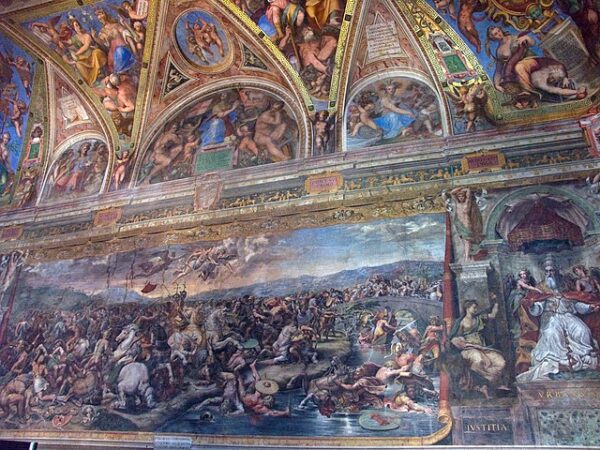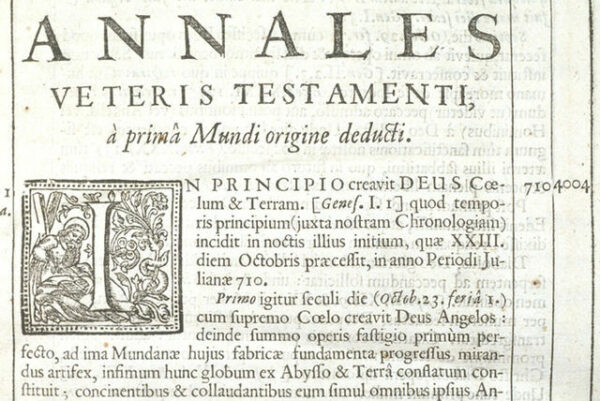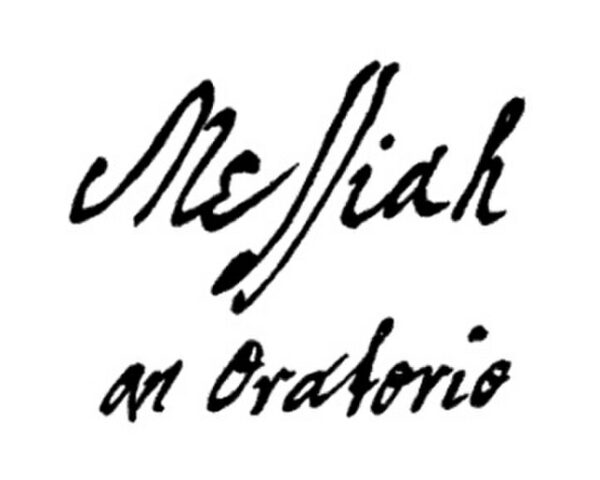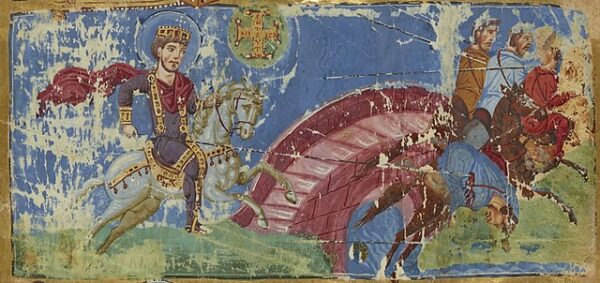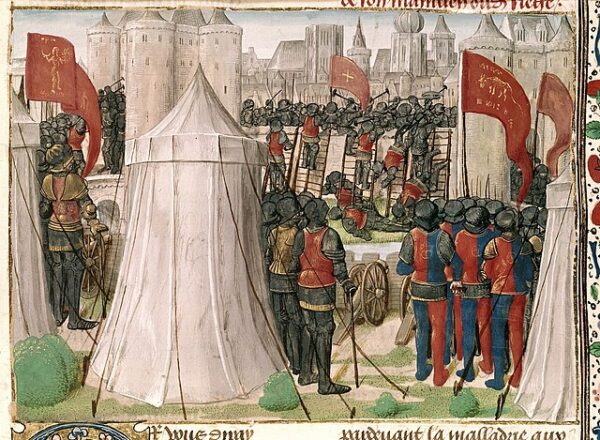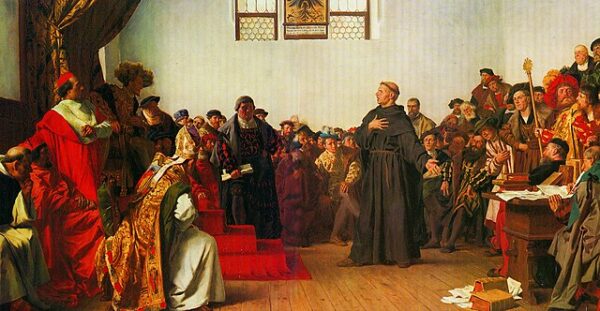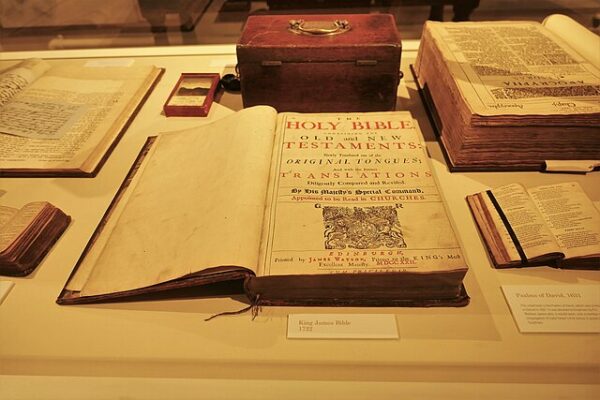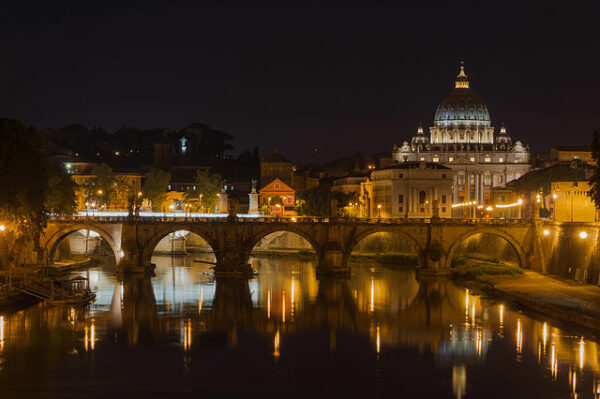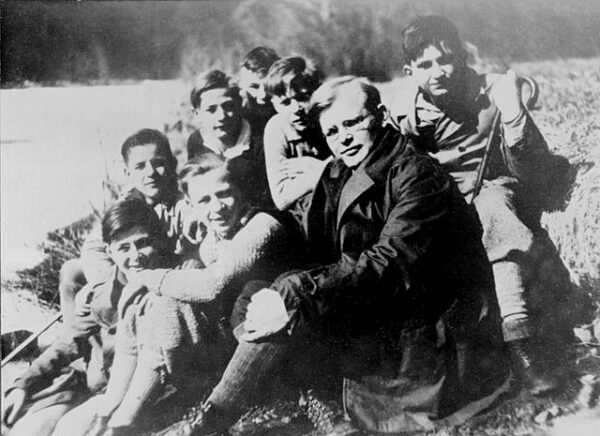The morning of October 29, 312, dawned over a city poised between dread and deliverance. Two days earlier, on the banks of the Tiber just north of Rome, the armies of Constantine and Maxentius had met in a climactic struggle that would reshape the…
Read MoreOn October 23, 4004 BC, at least according to the calculations of Archbishop James Ussher, the world was created. This date, derived from a meticulous study of the Bible and historical records, represents Ussher’s attempt to establish a timeline for the creation of the…
Read MoreOn September 14, 1741, George Frideric Handel completed one of the most celebrated pieces of music in history: the oratorio Messiah. This monumental work, which has become a cornerstone of Western choral literature, was composed in a remarkably short span of just 24 days.…
Read MoreJuly 25, 305, one of Rome’s most extraordinary emperors received a crown from his army, reshaping history for the centuries that followed. Born in Naissus, a city in the Balkans, Constantine The Great ascended to power during a critical period of the Roman Empire’s…
Read MoreOn July 16, 1054, Christendom split in two. On that day, National Geographic explains, “Patriarch of Constantinople Michael Cerularius was excommunicated from the Christian church based in Rome, Italy. Cerularius’s excommunication was a breaking point in long-rising tensions between the Roman church based in Rome…
Read MoreOn June 7, 1099, after a brutal journey across Europe and the Levant, the weary but determined Crusader army arrived outside the walls of Jerusalem. Their arrival marked the beginning of one of the defining and bloodiest chapters of the First Crusade. The Crusaders,…
Read MoreThe Diet of Worms, convened in 1521, stands as a pivotal moment in the history of the Reformation and European religious politics. This imperial council, held in the German city of Worms, was summoned by Emperor Charles V to address the burgeoning theological controversy stirred by Martin Luther. Luther, a German…
Read MoreOn May 2, 1611, in the heart of London, England, printer Robert Barker released the first edition of what would become one of the most influential and widely read books in the English-speaking world: the King James Version (KJV) of the Bible. Commissioned by…
Read MoreOn April 18, 1506, under the direction of Pope Julius II, the cornerstone of what would become one of the most iconic churches in Christendom—St. Peter’s Basilica in Vatican City—was laid. The event marked not only the beginning of a monumental architectural project but…
Read MoreOn April 9, 1945, just weeks before Nazi Germany collapsed, Lutheran pastor and theologian Dietrich Bonhoeffer was executed at Flossenbürg concentration camp. Bonhoeffer was a courageous and outspoken critic of Adolf Hitler, whose deep Christian faith drove him to resist the regime. Ordered by…
Read More

